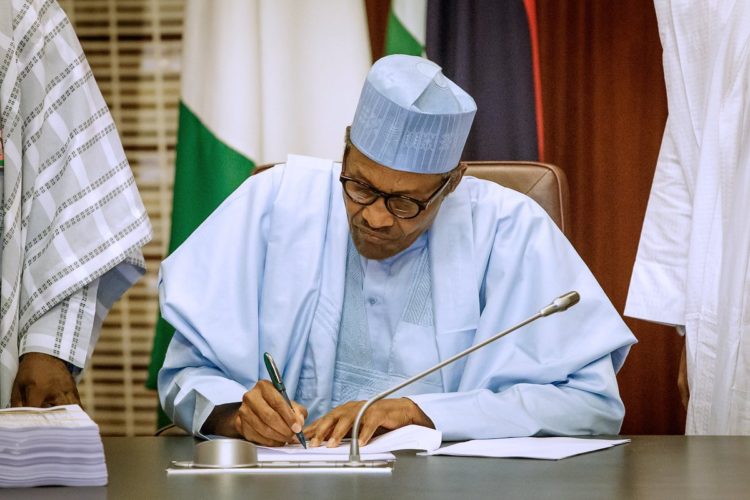The Supreme Court on Monday struck out the suit seeking the disqualification of President Muhammadu Buhari in the 2019 presidential election over alleged perjury.
The suit was filed by Kalu Kalu, Labaran Ismail and Hassy El-Kuris, all legal practitioners.
Delivering judgment, the Justice Mary Odili-led panel of five justices held that the case was statute barred and therefore dismissed.
News Agency of Nigeria ( NAN) reports that the justices during the introduction of appearances wondered why Mr Abdullahi Abubakar, State Counsel from the Federal Ministry of Justice will be representing a private individual.
Abubakar had announced his appearance for the first respondent (General Muhammadu Buhari (Rtd) in the suit.
They warned him to desist from such act of using public office to defend a private litigation.
Muhammad Dattijo, while addressing the counsel sited the President Bill Clinton’s numerous private cases while in the office.
“Clinton in his numerous private litigation, he never used government organs but rather personally sponsored all his private cases,”.
He warned that his actions contravene the Code of Conduct for public servants which has consequences.
Odili in her judgment said, ‘the court notes the inappropriate appearance of Mr Abdullahi Abubakar state counsel from the Federal Ministry of Justice, representing the first respondent Gen. Muhammad Buhari Rtd in his personal capacity.
“This practice must be discouraged, appeal haven been withdrawn is hereby dismissed,”” Odili said.
The justices had warned Abubakar
The appellants grievances had arisen from the dismissal of their suit at the Court of Appeal in Abuja, on grounds that it was statute barred and as such could not be heard.
They had approached the apex court to nullify the candidacy of President Buhari in the just concluded presidential poll over allegations of perjury.
The appellants specifically wanted Buhari’s nomination and subsequent victory at the Feb. 23 presidential election nullified on the grounds that President Buhari lied on oath in his form 001 that he submitted to INEC for the purpose of clearance for the presidential election.
They asked the apex court for an Order to set aside the judgment of the court of appeal and hear the matter on merit and grant the reliefs sought in the Originating Summons.
Among the reliefs sought are a declaration that Buhari submitted false information regarding his qualification and certifcate to INEC for the purpose of contesting election into the office of the President of Nigeria and that he should be disqualified.
They also prayed for an order of court directing INEC to remove Buhari’s name as a candidate of APC and another order restraining Buhari from parading himself as a candidate in the 2019 presidential election and also APC from recognising Buhari as a candidate.
The Court of Appeal in a unanimous judgment delivered by Justice Mohammed Idris, had on July 12, held that the singular fact that the suit was filed outside the 14 days provided by the law robbed the court of jurisdiction to entertain the it.
The Federal High Court had in May declined to grant the request of the appellants on the grounds that the suit was not filed within the time allowed by law and therefore sustained the preliminary objection raised by Buhari at the hearing.
The appellants had through their counsel, Ukpai Ukairo, presented 12 grounds for the setting aside of the judgment of the Court of Appeal, amongst which are;
That the ”Learned Justices of the Court of Appeal erred in law in relying on a Preliminary Objection withdrawn and struck out by the Court of Appeal in striking out and dismissing the appeal.
“The Learned Justices of the Court of Appeal erred in law and breached the right of the appellants to fair hearing by relying on a preliminary objection, withdrawn by the 2nd Respondent and struck out by the Court, thus being a case not made out or relied upon or abandoned by a party in entering a decision in a judgment.
“They erred in law in holding that ‘the failure of the Registrar to sign the Originating Summons is fatal and goes to the issue of jurisdiction’ and thereby struck out the Originating Summons.
Also that “The Learned Justices of the Court of Appeal erred in law in holding that delving into the other issues raised in the appeal will be regarded as an academic exercise as the case has been held to have been statute barred by virtue of Section 285(9) of the 1999 Constitution of the Federal Republic of Nigeria (as amended) 4th alteration and robs this court of its jurisdiction”.
According to Ukairo, the appellants in the brief of argument distilled two issues for determination, (i). Whether the Learned Trial Judge was right in relying on the processes filed by the 1st defendant through a Law Officer in the Ministry of Justice?
(ii). Whether the Learned Trial Judge was right in holding that the suit was statute-barred by computing the number of days from Sept. 28, 2018 when the 2nd Respondent held its primary election wherein the 1st Respondent was elected as a candidate of the 2nd Respondent?
The appellants had approached the appellate court to nullify and set aside the Judgment of the Abuja division of the Federal High Court which declined to hear their suit instituted to challenge the educational qualification of President Buhari before the conduct of the 2019 general election.
But the appellate court in a judgement delivered held that the suit had been caught up by the Fourth Alteration to the 1999 Constitution which stipulate a 14 days time period within which an election matter must be filed.
Though the appellate court agreed with the trial court that the suit was statute barred having filed out of time, it however disagreed with the trial court on the date the cause of action took place.
Justice Ahmed Mohammed had in his judgment held that the cause of action took place on Sept. 28, 2018 when the APC held its primary election to select candidate of the party in the 2019 general election.
But the appellate court however held that the cause of action took place on Oct. 18, 2018, the date Buhari submitted his form 001 to INEC for the purpose of clearance for the presidential election.
The appellants had filed the suit on Nov.5, 2018, claiming October 25, the date INEC published the list of successful candidates in the 2019 general election as the date the cause of action arose, making the suit to be competent.
The three man panel of the justices of the Court of Appeal had also dismissed the suit based on the preliminary objection filed by the APC’s lawyer challenging the jurisdiction of the suit on the grounds that it is incompetent.
The justices held that the failure of the Registrar of the Federal High Court to transmit the record of proceedings was fatal to the originating summons and makes the suit incompetent.
The decision had prompted the appellants to approach the apex court in their further quest for justice.

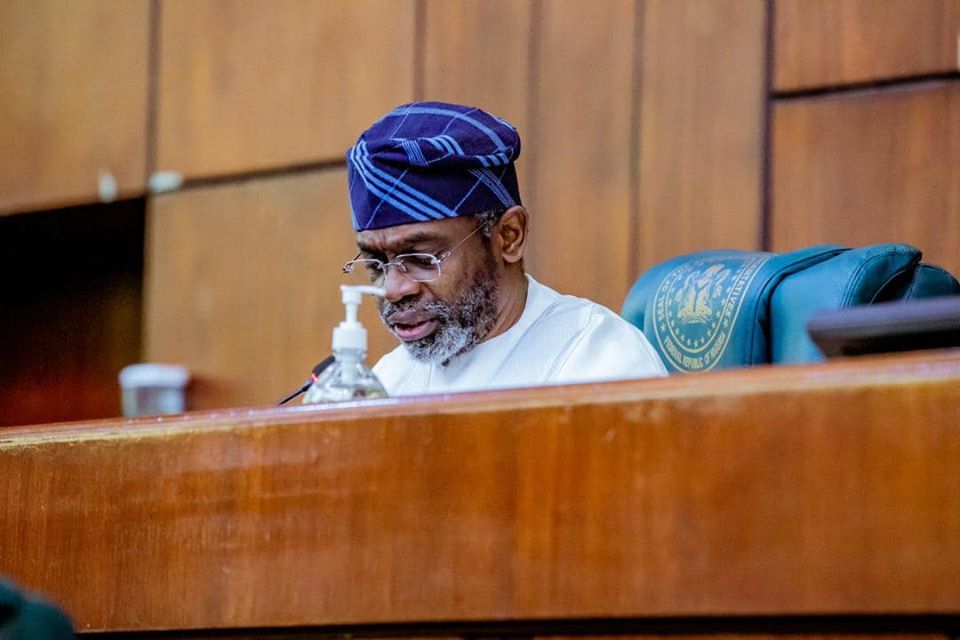
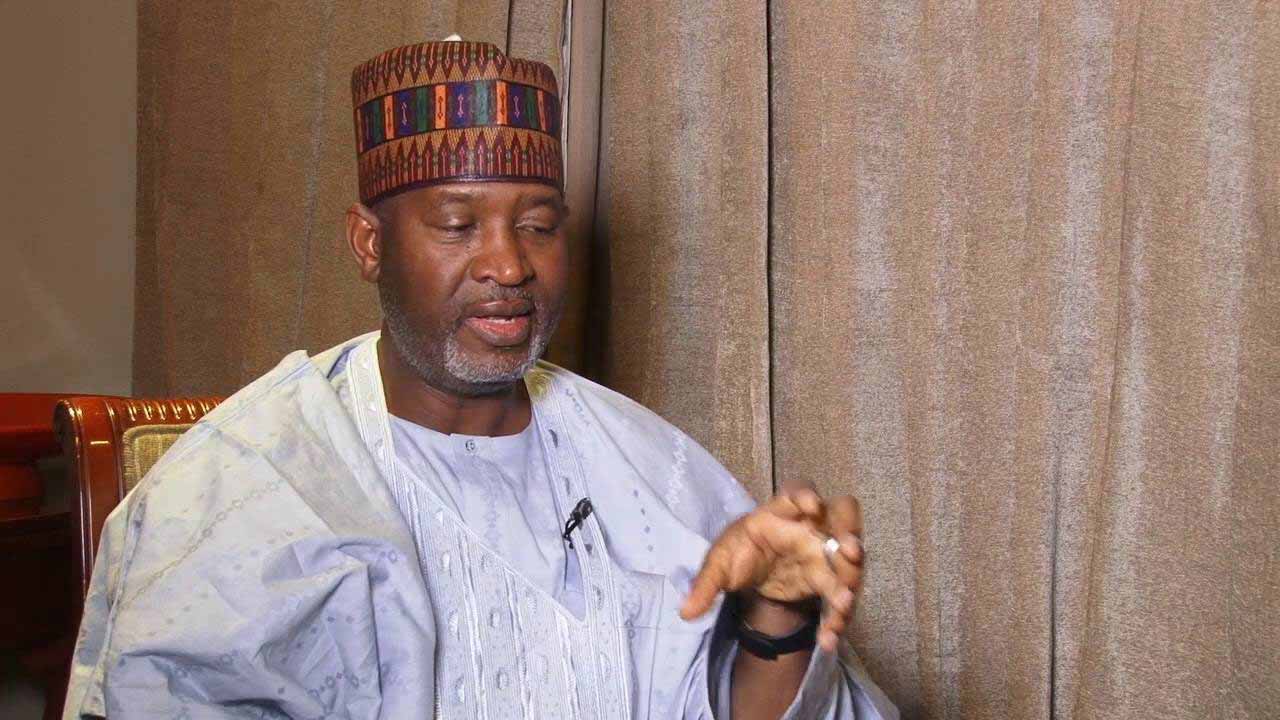
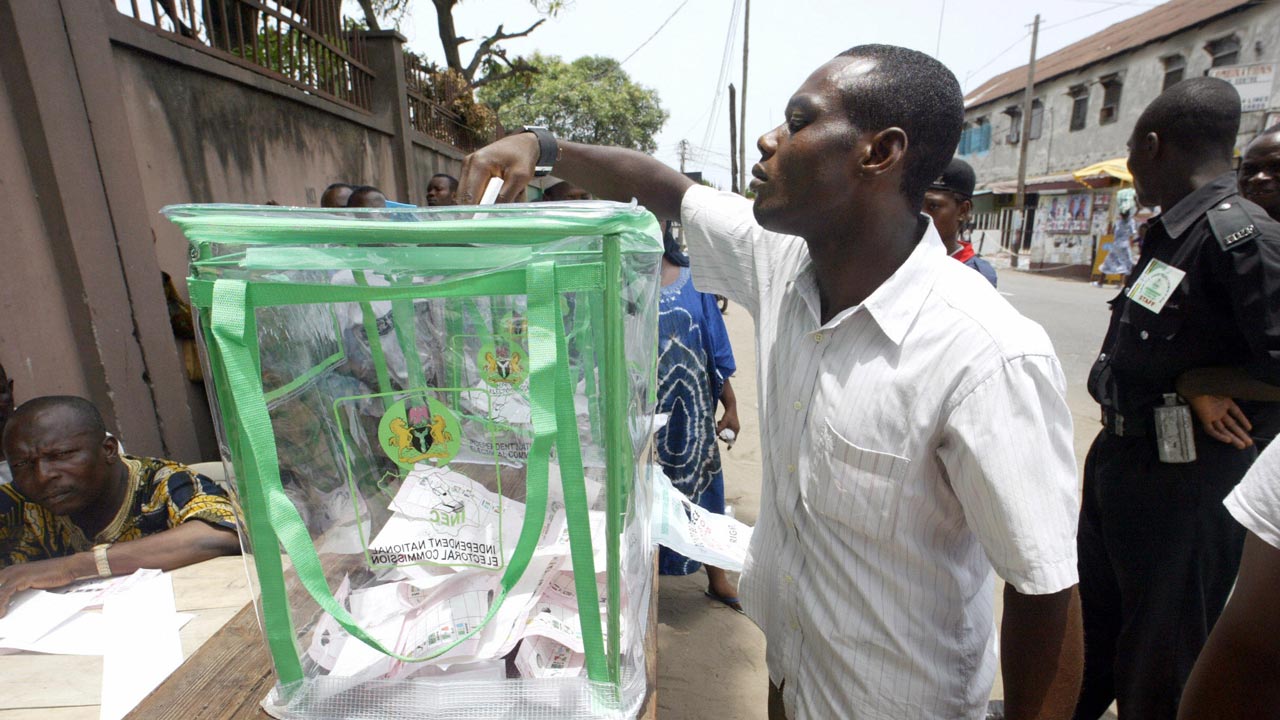
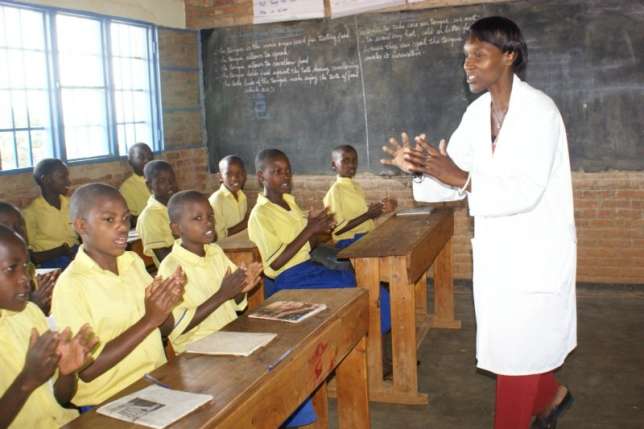
![BREAKING: [Ogun guber] Tribunal strikes out Akinlade’s petition challenging Abiodun’s qualification](https://thenewsguru.ng/wp-content/uploads/2019/09/Abiodun-Akinlade.jpg)
